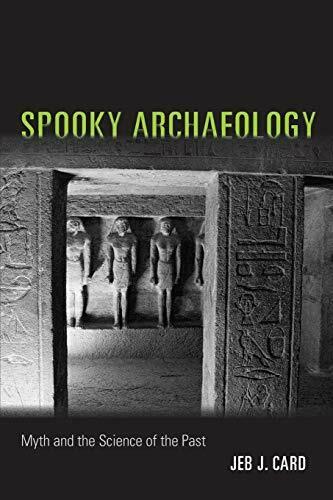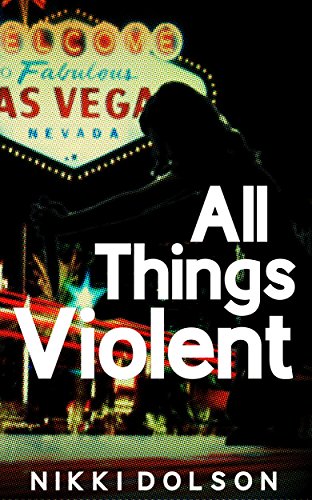by
Scott D. Parker
(Well, I had a good post but it's stuck in my 2007-era MacBook Pro. And the Mac is dead at the moment, the victim of a power adapter that's finally called it quits. I've ordered another and it should be here today (as you read this) but it also means I have to do a rerun. Originally published 5 Feb 2020 on my blog. So, enjoy. And let's hope the new power adapter works.)
For a few years now, the Orphan X series by Gregg Hurwitz, has been circling my radar. I'd download a sample onto my Kindle, but never get around to it. I'd see the second, third, and fourth books in the series be published, but still I didn't move off high center.
Until late last month.
In that timeless week between Christmas and New Year's Day, I was at the paperback racks at a Barnes and Noble in far west Houston and saw OUT OF THE DARK, the fourth volume in the series. My new standard for reading books is to read the book that captured my attention, no matter what number it is in the series. But when I realized it was an Orphan X novel, I was reminded that this series is one I should try.
From the beginning.
Evan Smoak - Not Your Typical Action Hero
If you read ten thrillers, how many of them open with the main character--or a side character--running? Seven? Eight? It's a perfectly acceptable trope for the genre, but I was happily surprised ORPHAN X didn't begin that way. True, Evan is bleeding from a knife wound and he's trying to get back to his apartment in Los Angeles, but there are no bad guys chasing him. Instead, we get a domestic scene with Evan trying not to show fellow tenants of his high-rise apartment he's bleeding. Not the nosy old lady nor the single mom who lives a few floors below. But her son suspects the truth. The entire tension of chapter one is whether or not Evan can make it up to his apartment without anyone noticing he's bleeding.
That is how ORPHAN X starts, and it makes all the difference.
It tells you that you're in for a different type of thriller, one I couldn't put my finger on until I saw
Gregg Hurwitz at Houston's Murder by the Book on Monday.
A Normal Situation
Another thing Hurwitz does well is showing you what Evan's typical life is like. As an orphan, he was taken out of foster care and trained to be an off-the-books assassin. The kind with complete deniability. The only contact he has is his father-figure/trainer/teacher Jack Johns. For years, Jack trained Evan until--as we learn in the middle of the book--an even takes place that causes Evan to leave that life and disappear.
Now, he's the Nowhere Man, a man hiding in plain sight. Like the A-Team, if there's a person who needs help, all they have to do is call the special number: 1-855-2NOWHERE. Evan will help you. The only payment: pass his number--once--to another person who needs help.
Thus, the opening section of the book, we get an example of this "normal" life Evan has made for himself. You see him plan how he's going to help teenaged Morena, the terrible situation in which she and her younger sister find themselves, and how he goes about solving her problem. Intricate detail that reads fast and swift, never losing tension and anticipation.
It's when the next person calls--presumably Morena's pay-it-forward charge--that things really kick into a higher gear.
The Layers Unravel
Interspersed throughout the novel are flashbacks to Evan's training days and his early assignments. You get a deeper sense of what kind of man he is, what kind of person Jack Johns is, and how the two ultimately bring out nuances in each other both probably didn't expect.
I never saw the twists coming, which made for an even more entertaining read. It's no surprise--it's on the dust jacket--that some of the people after Evan are fellow Orphans, so he's not going up against run-of-the-mill thugs, but highly trained adversaries. Hurwitz, I learned on Monday night when I attended his author event, has done his research. But I already knew that. The details not only of the fighting but the weapons and accouterments are rich and descriptive.
Why is This Book So Good?
I knew going into the book the action would be good and thrilling. What surprised me, however, were the character moments. The time in the elevator I just mentioned. The times when he's having to worry about the bad guys and some busybody confronts him about not attending the HOA meeting. In addition, seeing Evan at home, in his apartment, what he did, what he drank, how he ate, all of that is there. I gravitated toward those moments just as much, if not more, than the action.
Why?
Well, on Monday night, Hurwitz commented that part of the genesis of Evan Smoak was the idea that you never saw James Bond go home.* You never saw Jason Bourne have an awkward conversation with regular folks.
That was the key to why I enjoyed ORPHAN X so much. That's why I'll keep reading the series.
*In the novel MOONRAKER (1954)--which is nothing like the 1979 movie--Ian Fleming writes a lot about Bond in the office, in his house, and playing cards. Not exactly pulse-pounding excitement, but wonderful to read. But the point Hurwitz is probably making is that none of the films show Bond in a normal setting. Not coincidentally, it is these scenes in MOONRAKER I remember well and hardly any of the larger plot. But hardly anyone remembers the original novel. You see? Hurwitz was onto something.













